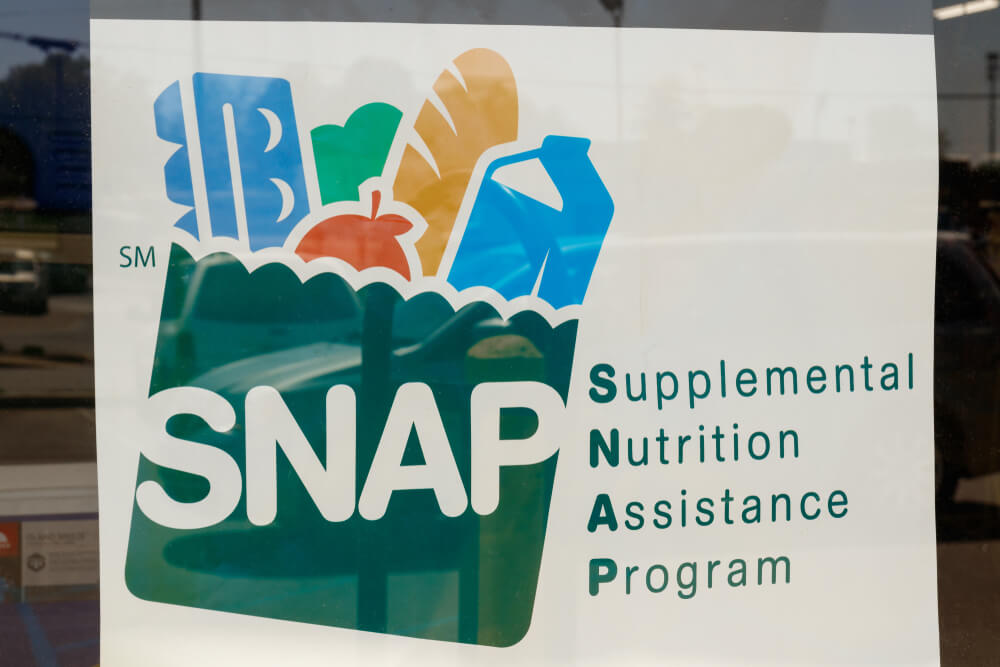The Trump administration will propose to tighten food stamp restrictions, cutting about 3.1 million people from the program, according to the U.S. Department of Agriculture.
Residents in about 43 states are automatically eligible for food stamps through the Supplemental Nutrition Assistance Program, widely known as SNAP, if they receive benefits from a different federal program known as Temporary Assistance for Needy Families, or TANF.
The Department of Agriculture will instead seek to require people on TANF benefits to submit to a review of their income and assets to determine their eligibility for free food from the SNAP program.
If the rule ends up becoming law, the federal government would save about $2.5 billion each year, according to the USDA.
President Donald Trump says that too many Americans using SNAP do not need it, given the strong economy and low unemployment, and the auto-eligibility should be removed to save taxpayers up to $15 billion.
“Some states are taking advantage of loopholes that allow people to receive the SNAP benefits who would otherwise not qualify, and for which they are not entitled,” USDA Secretary Sonny Perdue told reporters on Monday.
SNAP provides free food to a staggering 40 million Americans, which is about 12% of the of the U.S. population. The Trump administration sought to reduce the number of people receiving benefits through the Farm Bill last year, but ended up being blocked by Congress after months of heated, partisan debate.
The current rules allow people receiving SNAP benefits access to thousands of dollars worth of food for two years without even going through eligibility reviews, according to USDA acting deputy undersecretary Brandon Lipps.
“Unfortunately, automatic eligibility has expanded to allow even millionaires and others who simply receive a TANF-funded brochure to become eligible for SNAP when they clearly don’t need it,” Lipps said.
The USDA will accept public comment on the proposed rule changes. The nonpartisan Congressional Budget Office said in December that new rules could save the federal government about $8.1 billion from 2019 to 2028, lower than the USDA’s estimate but still a significant amount of money.
